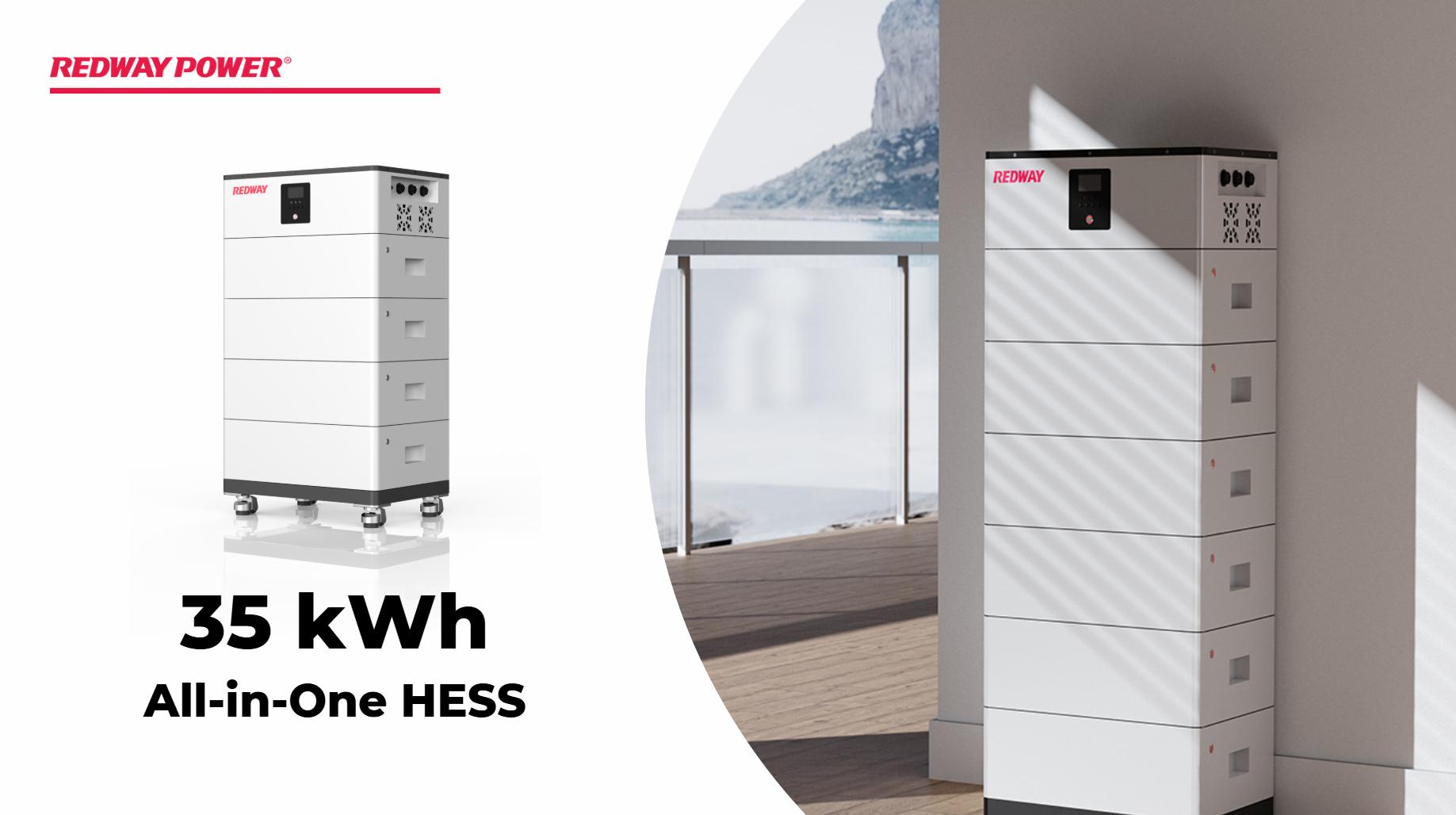A 40kW solar system typically consists of approximately 100 to 120 solar panels, depending on the wattage of each panel. Standard panels range from 330 to 400 watts each. The physical space required for installation is about 2,000 to 3,000 square feet, making it suitable for larger residential or commercial properties.
Understanding the Size and Capacity of a 40kW Solar System
A 40kW solar system is a significant investment in renewable energy, providing substantial power generation capabilities. Understanding its size, components, and installation requirements is essential for potential buyers.
1. Components of a 40kW Solar System
A typical 40kW solar system includes several key components:
- Solar Panels: The primary source of energy generation.
- Inverters: Convert the direct current (DC) produced by the panels into alternating current (AC) for use in homes and businesses.
- Mounting Systems: Secure the panels to rooftops or ground installations.
- Battery Storage (Optional): Stores excess energy for use during cloudy days or at night.
| Component | Function |
|---|---|
| Solar Panels | Generate electricity |
| Inverters | Convert DC to AC |
| Mounting Systems | Support panel installation |
| Battery Storage | Store excess energy |
2. Space Requirements
The physical space required for a 40kW solar system can vary based on the type of solar panels used:
- Standard Panels: Assuming an average size of 17.5 square feet per panel, a system with 120 panels would require approximately 2,100 square feet.
- High-Efficiency Panels: If using higher wattage panels, the number of panels may be reduced, slightly decreasing the space needed.
| Panel Type | Number of Panels | Total Area Required (sq ft) |
|---|---|---|
| Standard (330W) | 120 | ~2,100 |
| High-Efficiency (400W) | 100 | ~1,750 |
3. Energy Production and Usage
A 40kW solar system can produce significant amounts of electricity annually:
- Annual Energy Production: Depending on location and sunlight exposure, a 40kW system can generate between 50,000 to 60,000 kWh per year.
- Usage Considerations: This output can cover the energy needs of larger homes or small businesses.
| Energy Production | Annual Output (kWh) |
|---|---|
| Average | 50,000 – 60,000 |
Latest News
Recent developments in solar technology emphasize the growing importance of large-scale solar installations:
- Increased Adoption of Solar Energy: More businesses and homeowners are investing in larger systems like the 40kW setup to reduce energy costs.
- Technological Advancements: Innovations in solar panel efficiency are allowing systems to produce more power in smaller footprints.
- Government Incentives: Many regions are offering tax credits and rebates for installing solar systems, making them more accessible.
Redway Expert Comment
As experts at Redway Battery, we believe that investing in a 40kW solar system is a smart choice for those looking to harness renewable energy effectively. With our high-quality lithium LiFePO4 batteries, users can store excess energy generated during peak sunlight hours, ensuring they have reliable power whenever needed. Our solutions are designed to maximize efficiency and sustainability.”
Top Competitors in Solar Solutions
When considering alternatives for solar power solutions, evaluating various manufacturers based on their offerings is essential. Below is a comparison chart of the best competitors:
| Company Name | System Type | Capacity (kW) | Battery Option Available |
|---|---|---|---|
| Redway Battery | Lithium LiFePO4 + Solar | Customizable | Yes |
| Tesla | Solar Roof + Powerwall | Up to 10 kW (Powerwall) | Yes |
| SunPower | Solar Panel Systems | Up to 20 kW | Yes |
| LG Electronics | Solar Panel Systems | Up to 22 kW | Yes |
| Canadian Solar | Solar Panel Systems | Up to 25 kW | Yes |
Complete Installation Instructions for the Rich Solar ALPHA All-In-One System
Best 5 Home Batteries (Plus One Surprising Pick)
Conclusion
In conclusion, a 40kW solar system is an excellent investment for those looking to significantly reduce their energy costs while contributing to environmental sustainability. With its capacity to generate substantial electricity and the potential for battery storage solutions, this system can meet the needs of larger homes or small businesses effectively. As technology advances and incentives increase, now is an ideal time to consider such an investment.



